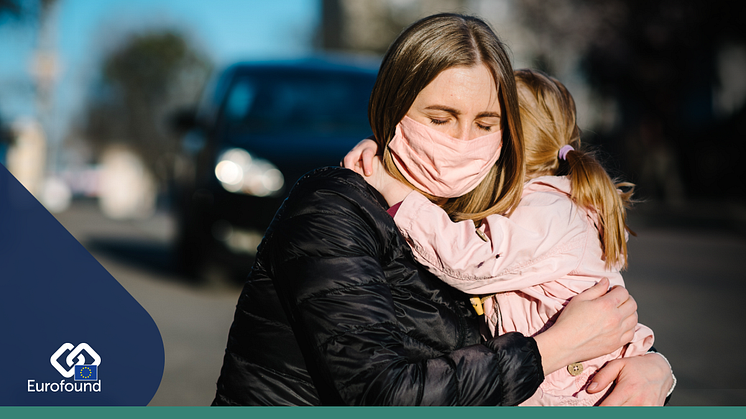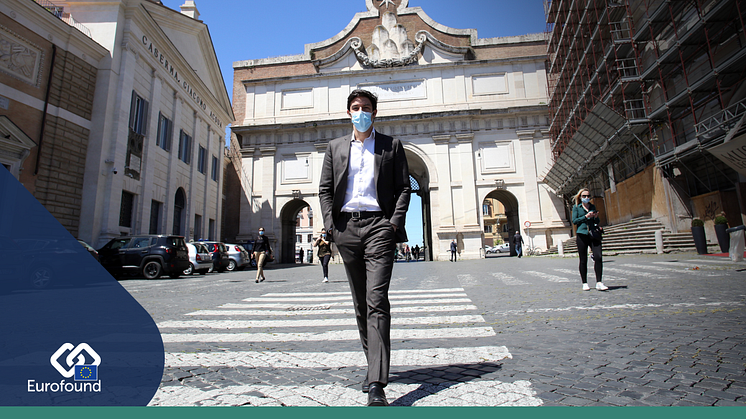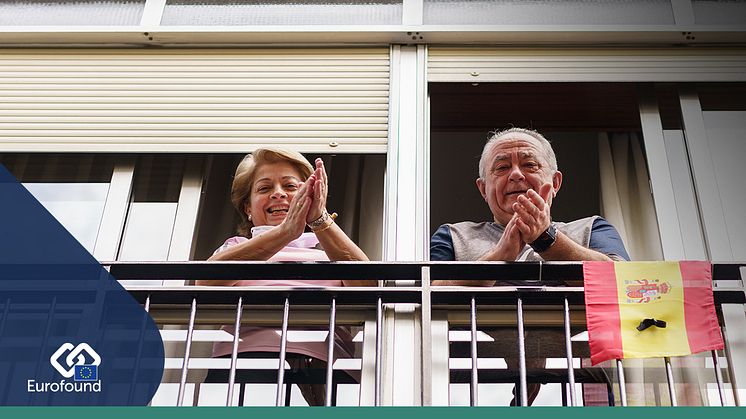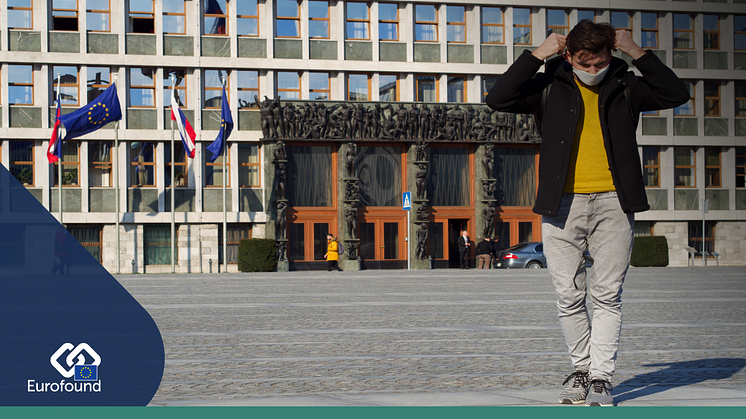
News -
Trust in Slovakian national government on a par with EU average during COVID-19 crisis
Despite falling levels of trust across Europe in the first weeks of the COVID-19 pandemic, trust in the national government in Slovakia remains on a par with the EU27 average, at a rate of 4.8. Conversely, Slovakian people demonstrated lower levels of trust in institutions such as the news media, police, healthcare and European Union, which all ranked below the EU average. The latter at 4.2 compared to the EU average of 4.6.
The first results from Eurofound’s Living, working and COVID-19 online survey show a Europe grappling to respond to the crisis caused by the COVID-19 pandemic, with many respondents reporting high levels of loneliness coupled with low levels of optimism about their future. People across the EU are also reporting very low levels of trust in the EU and in their national governments. The survey collected over 85,000 respondents to date with 1,679 completed responses from Slovakia.
Optimism about the future among respondents in Slovakia also remained relatively stable in comparison to other countries: 49% of respondents (compared with 45% in the EU overall) said that they were optimistic about their own future. When asked about their children’s or grandchildren’s future, 37% were optimistic (compared with 33% of EU respondents overall).
The WHO Mental well-being index measures how people felt over the previous two weeks based on five statements of positive feelings. Slovakian respondents scored 50 on the mental well-being scale of 0-100 – similar to the EU average of 49.
Speaking about the survey findings, Silvia Gregorcova, Main State Counsellor, Ministry of Labour, Social Affairs and Family, said ‘The COVID-19 pandemic has had a devastating impact on health, quality of life and employment throughout Europe. However, it is encouraging that Slovakian trust in national government has remained stable and equal to the EU average during these turbulent times.’
Martin Hošták, Secretary, National Union of Employers (RUZ), said, ‘People must get back to work, albeit in a safe and healthy environment, especially in sectors with proper equipment and safe infrastructure to do so. We must all have confidence that the economy will recover and grow.’
Miroslav Hajnos, Specialist - European and International Relations, Confederation of Trade Unions of the Slovak Republic (KOZ SR), said, ‘COVID-19 has had a devastating impact on employment throughout Europe. Eurofound’s figures show that over 22% of Slovakian workers have reported being made permanently or temporarily unemployed during the crisis.’
Read More
- Living, working and COVID-19: First findings – April 2020
- Living, working and COVID-19: Data
- Topic page: Trust
- Forthcoming publication: Living, working and COVID-19 - Overview report
Graphs






Note:
This news piece was updated on 10 June in order to reflect updated calculations on the WHO-5 mental well-being index.








